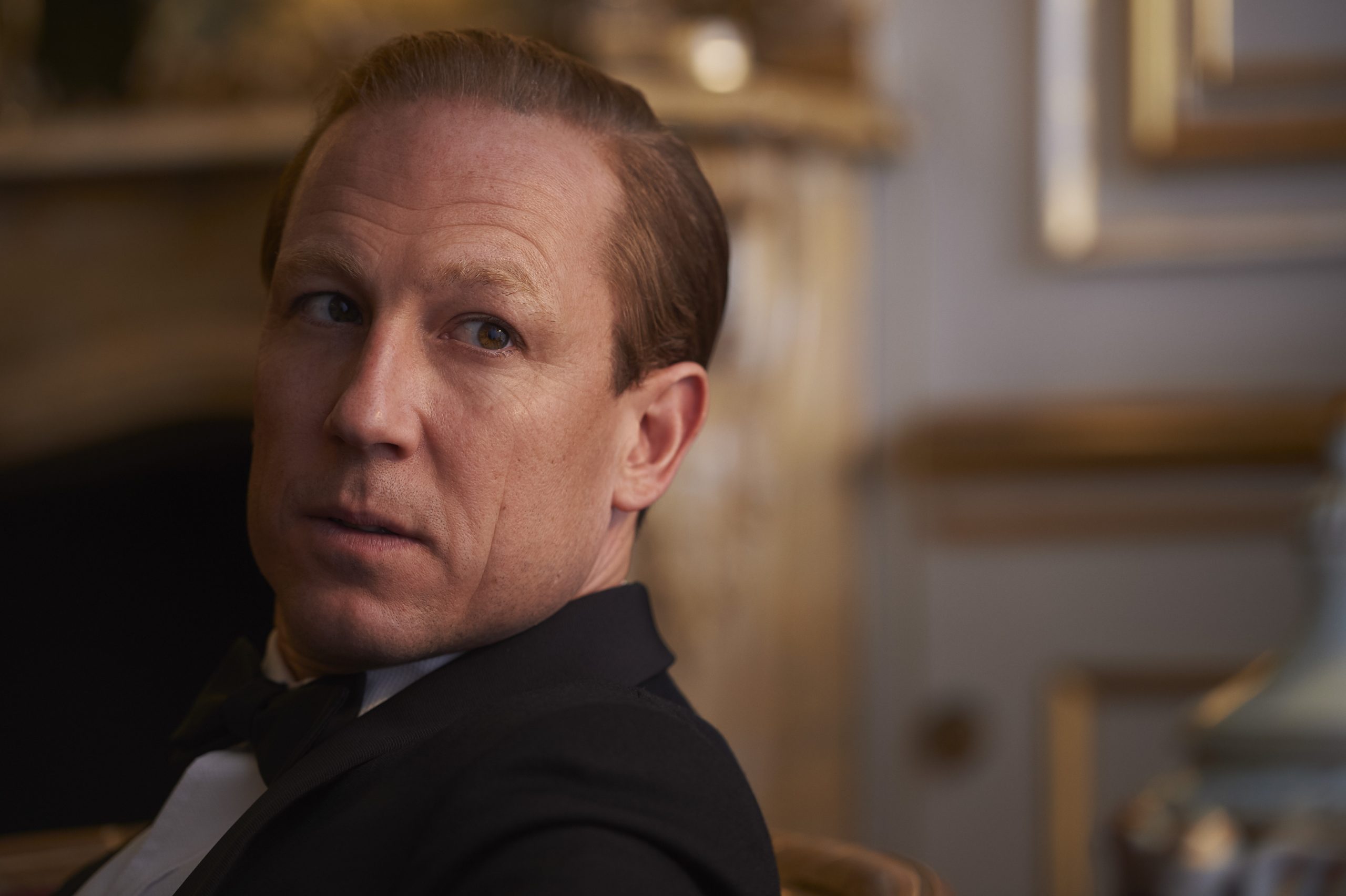
In season three of The Crown, Prince Philip is at the centre of a remarkable episode. The premise is an hour-long exploration of the fictionalised Philip’s obsession with the moon landings. The year is 1969, and after meeting the Apollo 11 astronauts at Buckingham Palace, Philip – in his second iteration of the series, played by Tobias Menzies – is unsatisfied. He realises that these astronauts are just ordinary men, unable to quell a deeper longing: for a faith in something higher than himself.
There is no evidence that such a spiritual longing ever affected the late Prince Philip, who died today, aged 99. While the early seasons of The Crown were initially praised for their accuracy, royal historians have since criticised the increasingly outlandish assumptions made by the show’s writer Peter Morgan. Nevertheless, Morgan has been able to do something powerful: humanise Prince Philip more than any royal biography could. Outlandish or not, this fictional crisis of faith depicted a man who was not only human, but lonely.
This particular episode, titled “Moondust”, continued a long-standing theme within the series: Prince Philip’s loss of agency as a man within the royal household. Throughout the show, the Duke of Edinburgh of The Crown battles with his role as the Queen’s second. In episode five of the first season, Matt Smith’s Philip refuses to kneel to his wife: a parody of a spoiled and angry man.
But like all good anti-heroes, the character is vindicated, at least in part. Peter Morgan helps us understand Philip’s childhood; spent at an austere boarding school with little kindness, emotionally distant from his mother, all links to his family severed by world events. His adult hedonism and selfishness are the starting point, setting him off on a faltering path of character development towards becoming a wise patriarch of the royal household. We see his transition to the point where his frustrations and disappointments at royal life enable him to comfort a desperate Princess Diana in her hours of need (though this infamous scene, too, can be read ambiguously).
While the series enjoys examining the internal life of Prince Philip, trickier conversations around the late Duke’s public scandals are cleanly glossed over. Instead of questioning his alleged role in the Profumo scandal of 1961, or his casual and consistent racism, the show chooses to indulge an imagined emotional world. In some episodes, we are encouraged to see the royal consort not as a public figure, but as a victim.
It is not surprising, then, that since the latest season of The Crown aired in November 2020, Prince Philip’s approval ratings have risen, making him the fifth most popular member of the monarchy. Interestingly, he has a 52 per cent approval rate among women; a sign, we might conclude, of the empathy his on-screen portrayal evoked. Perhaps unexpectedly, this focus on Prince Philip’s inner battles has provided a sympathetic legacy to an otherwise controversial public figure.
There are many criticisms to be made of The Crown, which pushes the boundaries of so-called “historical fiction” to the limit, at times enraging both ardent monarchists and dedicated republicans. But in the years to come, when younger generations begin to interrogate the legacy and purpose of the monarchy, Prince Philip’s memory will remain immortalised on the small screen; a royal biography more powerful than any history.
[see also: the latest reactions and tributes following the death of Prince Philip]





